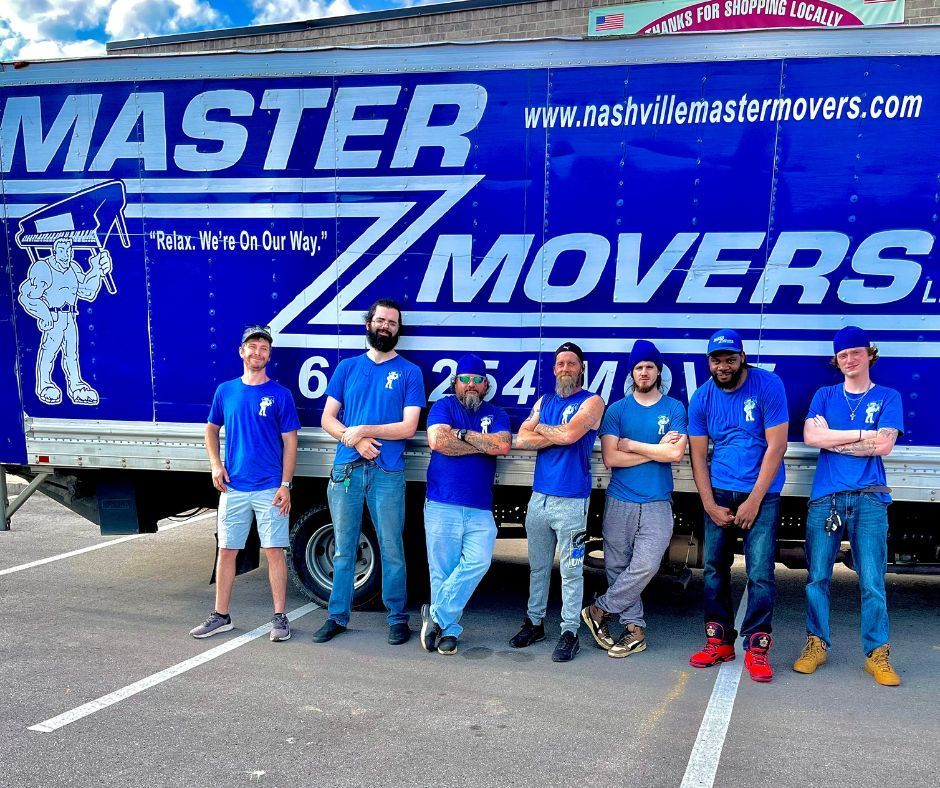Six Smartest Money moves to make in 2015
 When you first look at buying a new home, or moving to a larger home you will often look at your money situation. Money worries know no age limit, and financial health is important for everyone – which could explain why financial pledges are among the most common New Year’s resolutions. Still, Millennials are a bit more likely than any other age group to be tempted into spending too much, according to research by the Barna Group.
When you first look at buying a new home, or moving to a larger home you will often look at your money situation. Money worries know no age limit, and financial health is important for everyone – which could explain why financial pledges are among the most common New Year’s resolutions. Still, Millennials are a bit more likely than any other age group to be tempted into spending too much, according to research by the Barna Group.
Forty-one percent of Millennials said they are often or sometimes tempted to spend more than they have or can afford, according to the Barna survey. Interestingly, 66 percent also said they are tempted to procrastinate, which could add up to plenty of broken resolutions for Generation Y in 2015.
If you’ve promised yourself you’ll do better at money management in the New Year , here are the six smartest moves you can make to help you keep that resolution going until 2016 – and beyond.
1. Use what you know (technology) to help you manage what you want to understand better (finances).
Millennials are the generation most comfortable with technology. The majority own and use multiple digital devices for personal and professional applications throughout their everyday lives. But surprisingly, they are also the generation most likely to struggle with financial literacy, studies show. In fact, in a survey by the Financial Industry Regulatory Authority (FINRA) , just 24 percent of Millennials were able to correctly answer four questions on a five-question financial literacy quiz.
Technology can help you get a better handle on your finances. Personal finance tools like Mint.com provide easy money-management. When you create a free account, Mint pulls all your financial information – recurring bills, account balances, etc. – into one location so you see your complete financial picture. The site also helps you create a budget, track your progress and stick to it. A free downloadable app allows you to easily access your information on-the-go via your iPhone, Android, or Windows smartphone.
2. Scrutinize your current spending.
It’s impossible to save money – or achieve any other financial goal – until you have a handle on your spending. Was yours out of control in 2014? Gather together all recurring monthly bills, such as utilities and rent, your mobile service provider, groceries, entertainment, etc. Calculate how much you spend in a month. Is it almost as much as you earn? Is it more? Look for areas where you can reduce spending and categorize them as needs versus wants. Cutting unnecessary spending is a good start, but don’t overlook possibilities for trimming necessary expenses as well. For example, it might be a good time to talk to your cable provider about a cheaper plan.
3. Build a budget.
In 2014, 61 percent of American adults don’t have a budget and don’t keep close track of their spending, according to a Harris Poll commissioned by the National Foundation for Credit Counseling. Not having a budget is like attempting to quarterback a football game without a game plan. Budgeting not only helps you stay in control of your spending and saving, it can make you feel more in control, confident and empowered in other areas, too.
Your budget should provide for necessary recurring expenses (like food, utilities, rent, transportation), retirement and regular savings, as well as some money for fun. You can find plenty of budget templates through online resources.
4. Establish an emergency fund.
More than a third of Americans 18 and older say they have no savings (excluding retirement savings), according to the 2014 Consumer Financial Literacy Survey. Rainy-day savings can help you pay for emergencies – like an unexpected car repair or dental work – without forcing you into debt. What’s more, putting money into an emergency fund with every paycheck helps you form a savings habit, and can ease the emotional stress of worrying about financial emergencies.
5. Set financial goals.
Look back at 2014 and assess which goals you achieved and which need to be refreshed for 2015. Consider what you did that helped you succeed in certain areas or where you might need to adjust. Evaluate where you most need to focus your attention. Don’t overwhelm yourself by trying to do everything at once. Instead, focus on one or two key financial goals.
6. Keep an eye on your credit.
Sixty percent of American adults haven’t reviewed their credit score within the past 12 months, and 65 percent haven’t looked at their credit report, according to the Harris survey. Credit is a vital element of overall financial health. Begin regularly reviewing your credit report and score – doing so does not negatively impact your score. Mint provides users with a free credit score and summary through its website and app. Knowing your credit status can help you better understand what you need to do to improve it.
Good credit not only affects your ability to secure future credit – such as credit cards or a mortgage – your credit score can influence what you pay for some forms of insurance, whether utilities might require you to provide a security deposit when opening a new account, and even your ability to get a good job if you apply with an employer who requires a credit check.
Good financial habits can make a lifetime of impact, so this New Year, no matter who you are, make the promise to yourself to be good with your money. Keeping these six money moves in mind, 2015 will be your best financial year yet.
You might also like


Our strong team of reliable, trained employees work for Master Movers full time to ensure Master Movers is tops in service, competitive pricing, and quality customer care.
So if you are looking for movers in Nashville Tennessee or surrounding cities, we'd love to chat with you! We're always available to our clients. You can request a quote, give us a call, or simply use our contact form. We look forward to hearing from you.
AREAS WE SERVE
CONTACT US
Master Movers LLC
3200 West End Ave #500,
Nashville, TN 37203
Monday - Saturday 8:00AM -
6:00PM (CLOSED ON SUNDAYS)
© Copyright 2021, Master Movers LLC All Rights Reserved | Privacy Policy | Terms and Conditions | Sitemap

